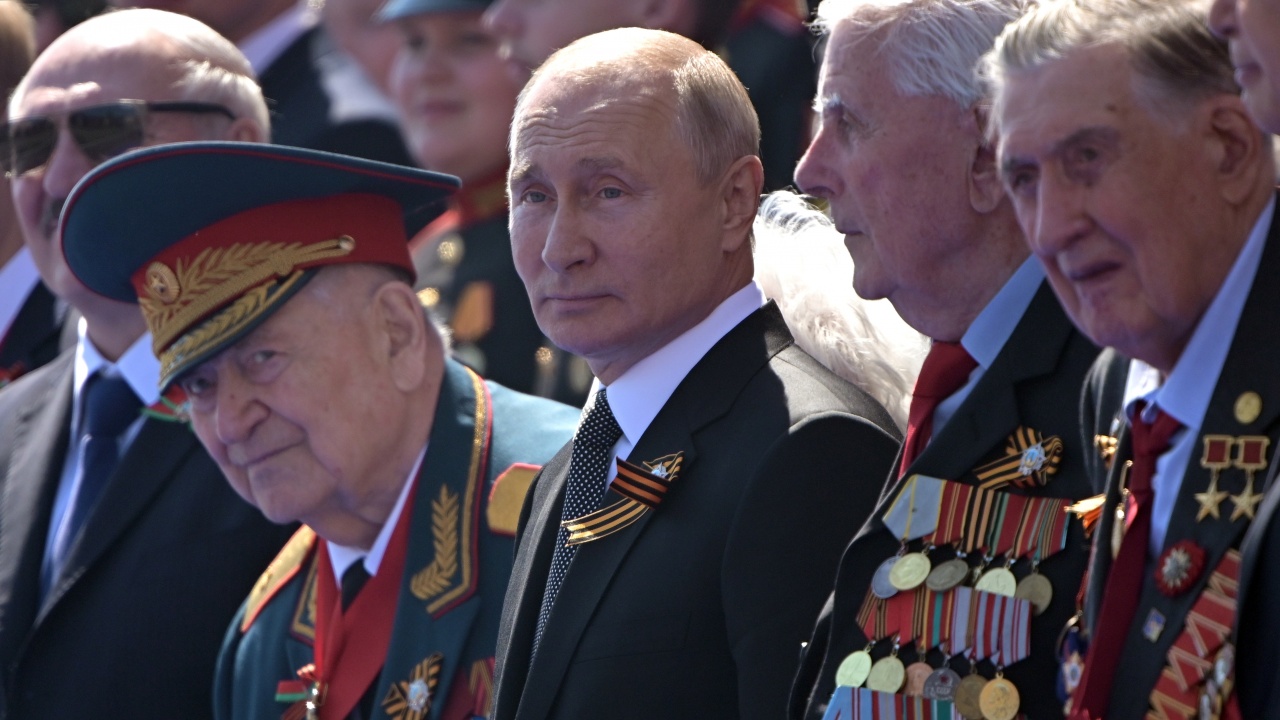The trial of the “counterfeit coffee” case from the port of Le Havre opened on Monday, May 9, 2022, in Paris. Six former customs officials are suspected of having illegally made a pact with an informant to inflate their results.
Dark suits or suits, strict ties, the former boss of the National Directorate of Customs Intelligence (DNRED), Jean-Paul Garcia, and five of his subordinates appeared before the judges, Monday May 9, 2022, in Paris, in the “counterfeit coffee” affair which revealed abuses within the customs of Le Havre, in 2015. Two “indicators” and an entrepreneur from Le Havre are also on trial.
Some of the lawyers immediately tried to have the scandal judged in a small committee by calling for a closed session, in the name of respect for national defense secrecy, or to ensure the safety of all the defendants, likely to be threatened by the organized crime. “A very large number of documents in this case (…) are subject to defense secrecy”, argued Matthias Pujos, the counsel of Vincent Sauvalère, the former boss of the Customs Operations Department (DOD), the armed wing of the DNRED. A request refused by the criminal court.
Has the customs hierarchy turned a blind eye?
The practices of this service and its management of certain informants are today called into question, as in other scandals which have shaken customs or the anti-drug police in recent years.
The case began with a record seizure of 43 tonnes of coffee in the Paris region in 2015. This historic seizure, proudly hailed by Bercy, the ministry responsible for customs, quickly turned out to be suspicious. The coffee in question, a poor quality robusta imitating the “L’Or” brand, seemed difficult to sell in France.
The judicial investigation revealed a troubled system, by which the DOD set up business from scratch with a Serbian informant, Zoran Petrovic, with the sole aim of making good seizures. In exchange, the customs hierarchy would have turned a blind eye to allow it to import its own containers to the port of Le Havre without control. The investigating judge thus suspects this “advisor” – informant in customs jargon – of having been able to import contraband cigarettes in the load of 120 tons containing the counterfeit coffee, the rest of the goods of which have never been found. .
« Menaces »
To judge this case, “you are obliged to make an x-ray of the functioning of customs” and reveal “all the operational technique” of its intelligence service, launched Zoran Petrovic’s lawyer, Francis Szpiner. By maintaining the public hearing, “You are not going to generate many vocations to come and help the customs, police or gendarmerie services”he quipped, depicting customs officers “who now feel like a target is being put on their backs”.
Me Szpiner also wanted “to be able to question without hindrance” officials and he highlighted the ” security ” of his client, a former Serbian soldier close to the Chinese mafia, according to the investigation, whose practices will be dissected by the court.
Publicity of the debates “is likely to have an impact on the safety of each other”abounded Matthieu De Vallois, the lawyer of Pascal Schmidt, former head of the DOD antenna in Le Havre, on which weigh heavy suspicions of corruption – his office concealed nearly 800,000 euros in cash and two luxury watches , including one donated by Zoran Petrovic.
The customs officer has already “has been the target of death threats in 2017” for facts disconnected from the case but relating to the exercise of his functions, he recalled.
Declassified documents
The camera is also necessary so that the other informant involved in the case, Luc Masson, threatened during the investigation, “may present themselves serenely and come and testify”said his lawyer Lucile Collot.
Requests little appreciated by the prosecutor. “All the documents that were classified in this file have been declassified”, she retorted. The parquetière also tackled the position “paradoxical” by Zoran Petrović. From an informant who “didn’t say anything in the office of the investigating judge, we are a little surprised to see a request for a closed session”she remarked.
The trial is expected to last five weeks.
Video. Find the replay of the “7 minutes” of Monday, May 9, 2022:
–


